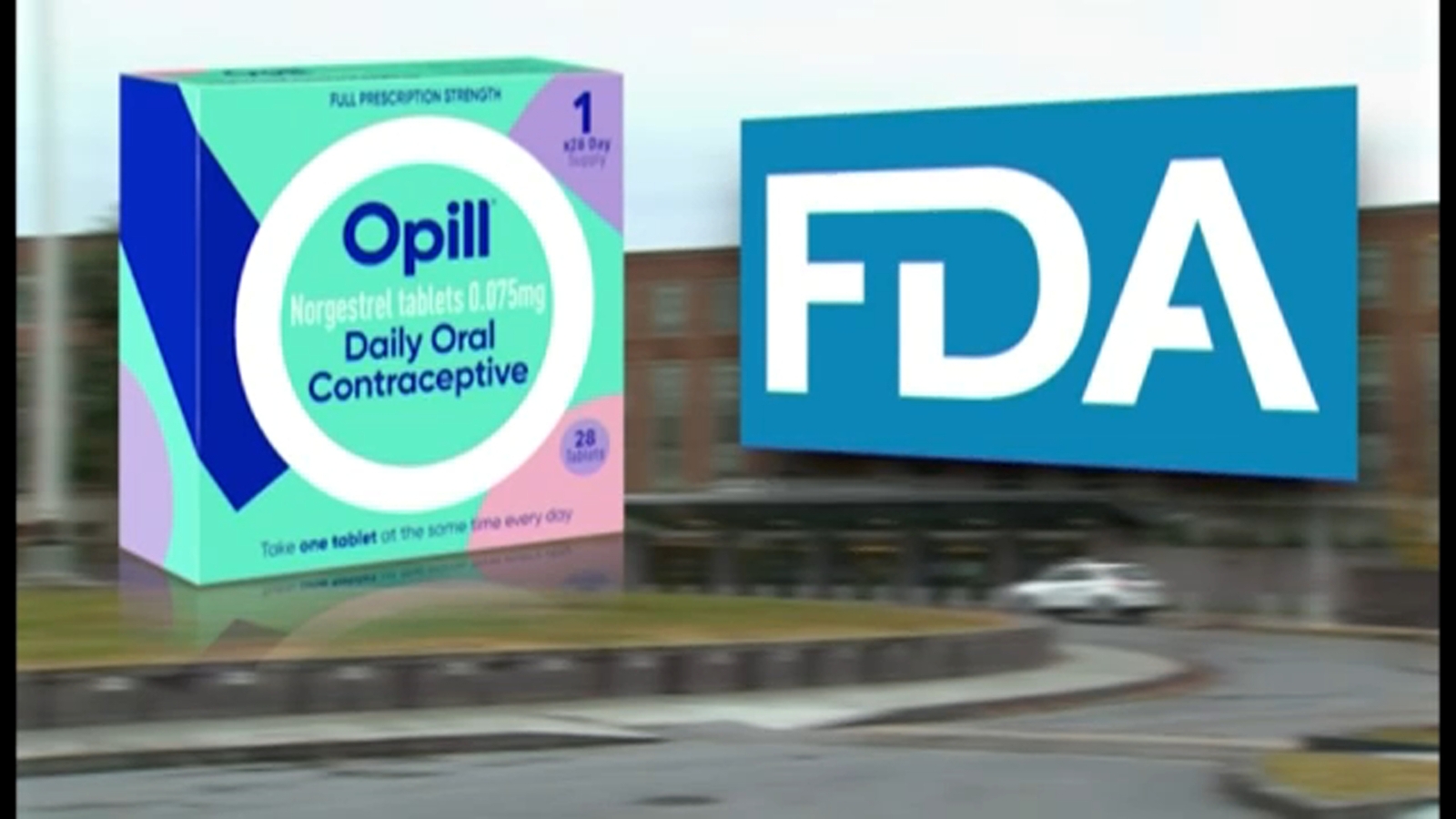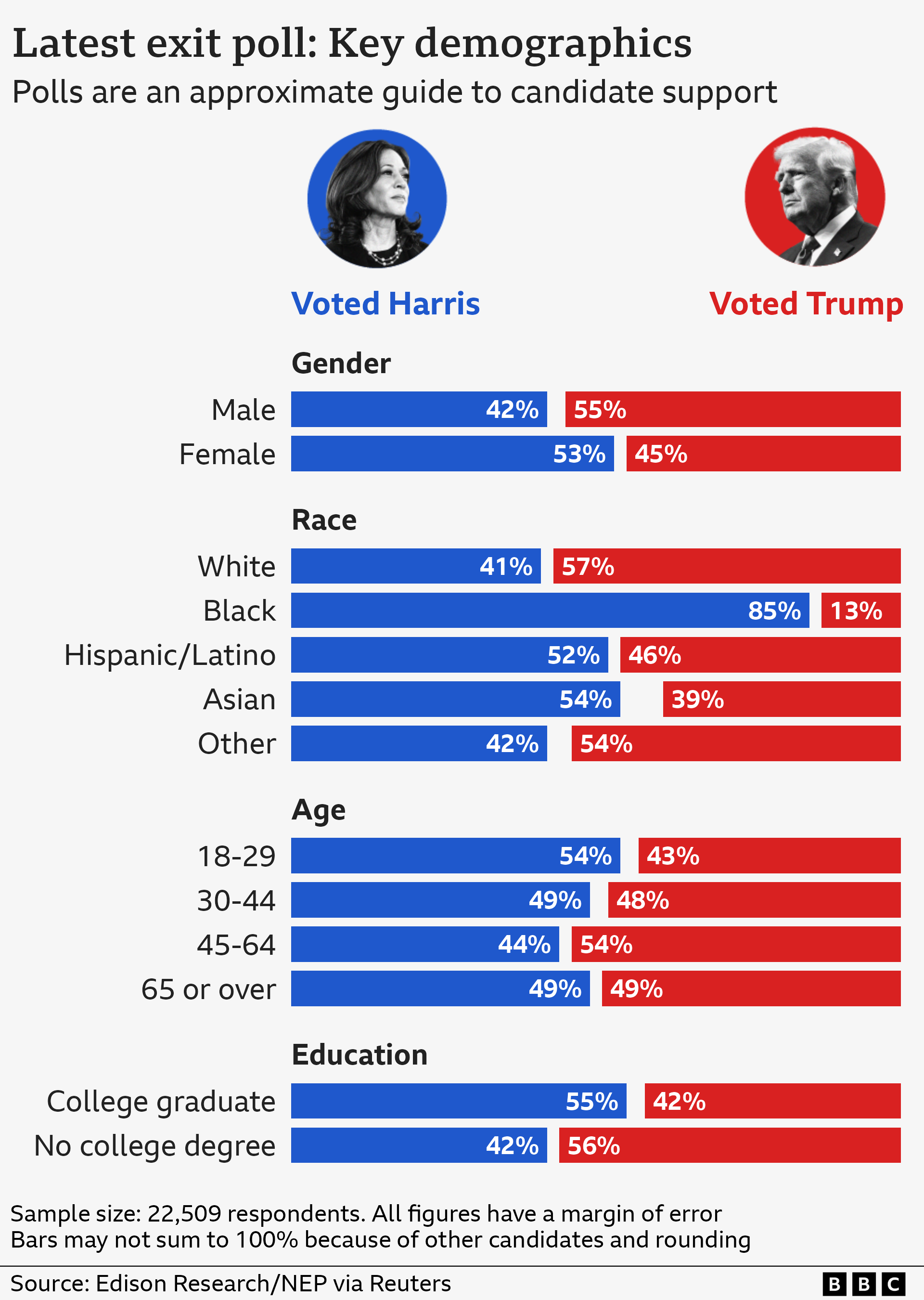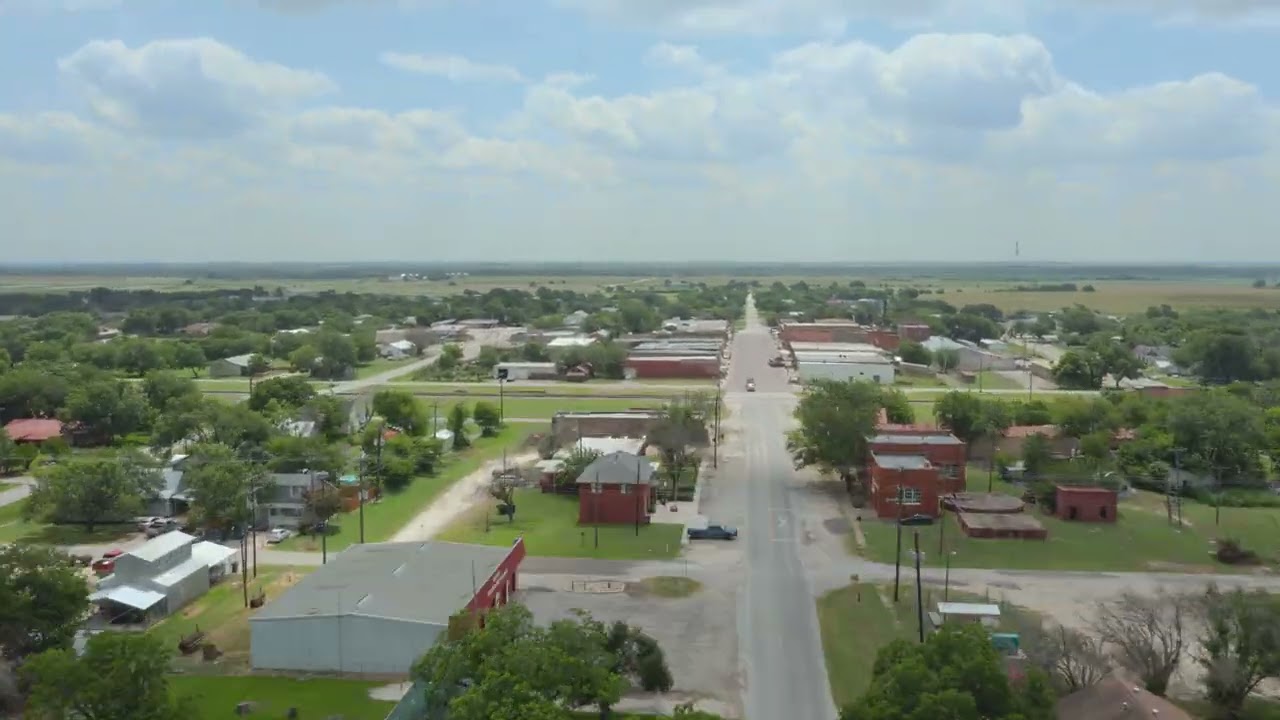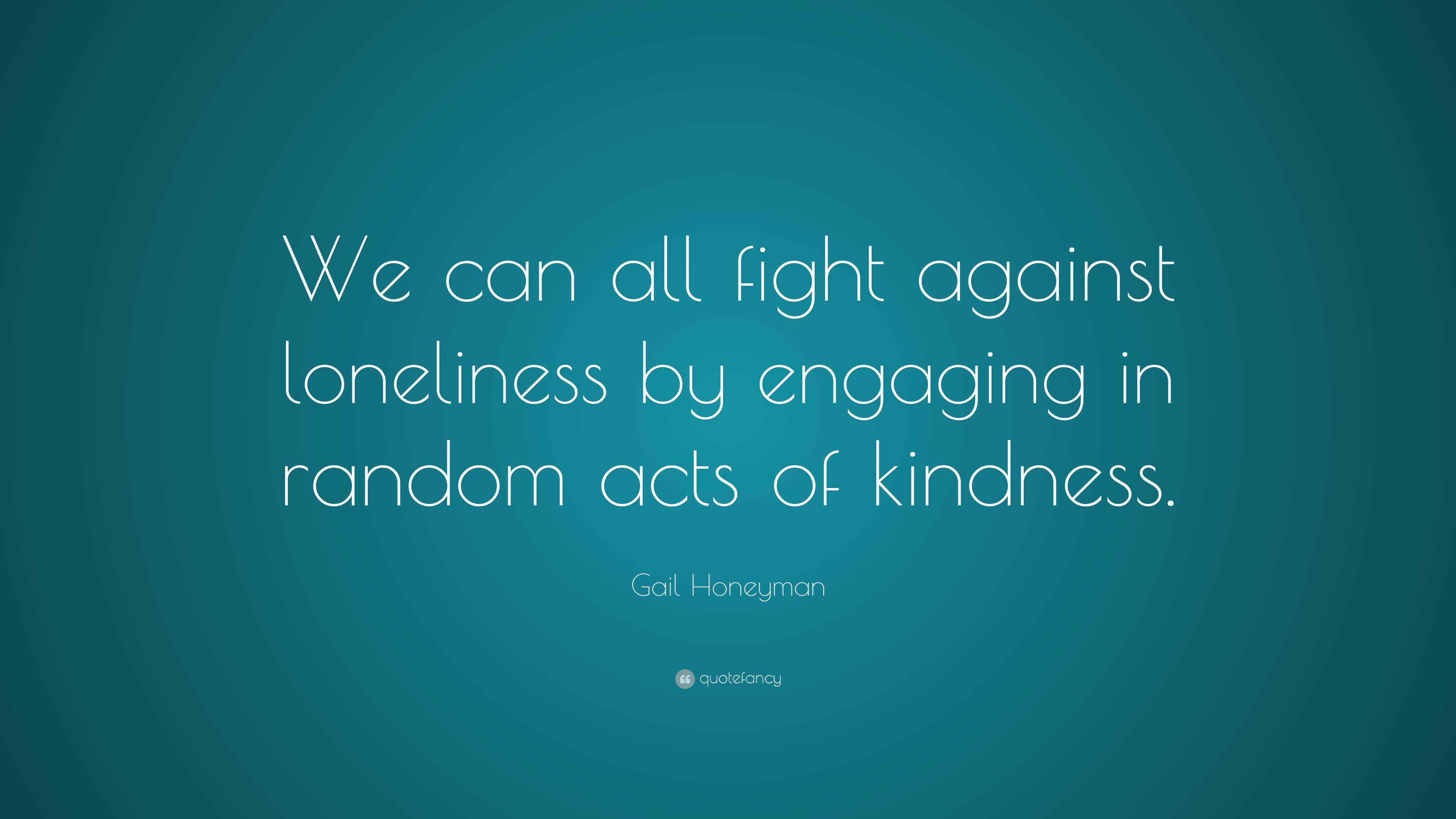Hollywood Shut Down: Double Strike Cripples Film And Television

Table of Contents
The Core Issues Fueling the Hollywood Strike
The Hollywood strike isn't simply about money; it's about fair treatment, working conditions, and the future of creative work in the age of streaming and artificial intelligence. Both the WGA and SAG-AFTRA have legitimate grievances that demand attention.
WGA's Fight for Fair Compensation and Working Conditions
The Writers Guild of America's strike stems from years of declining compensation and deteriorating working conditions, particularly exacerbated by the rise of streaming services. Their key concerns include:
- Inadequate Streaming Residuals: Writers are receiving significantly less compensation for their work on streaming platforms compared to traditional television. The shift to streaming has fundamentally altered the revenue model, leaving writers with a smaller share of the profits.
- Minimum Staffing Levels: Production companies are increasingly cutting corners by reducing the number of writers on staff, leading to overworked and underpaid writers. This impacts the quality of the scripts and the overall creative process.
- The Threat of AI in Writing: The WGA is deeply concerned about the potential use of artificial intelligence to replace human writers, leading to job displacement and the devaluation of creative skills. They are demanding safeguards to protect writers' jobs from AI encroachment.
- Erosion of Writers' Power: The WGA argues that the power balance between studios and writers has shifted dramatically, with studios wielding significantly more leverage in negotiations. This has led to a decline in writer's compensation and creative control.
The WGA demands address these issues head-on, seeking to restore a more equitable balance of power and ensure fair compensation for their members in the evolving media landscape. Reports indicate that median writer income has stagnated or even declined in recent years, despite the massive growth of the streaming industry.
SAG-AFTRA's Concerns Regarding Fair Wages, AI, and Self-Tape Practices
SAG-AFTRA's strike is equally critical, focusing on issues of fair wages, the ethical use of artificial intelligence, and the detrimental effects of self-tape auditions. Key concerns include:
- Fair Compensation in the Streaming Era: Similar to the WGA, SAG-AFTRA members are concerned about inadequate compensation for their work on streaming platforms. The traditional model of residuals doesn't translate effectively to the streaming world, leaving actors with less income for the same amount of work.
- The Use of AI to Replace Actors: SAG-AFTRA is deeply worried about the use of AI to create digital likenesses of actors without their consent or compensation, potentially replacing actors entirely. This threat undermines the very foundation of their profession.
- Detrimental Impact of Self-Tape Auditions: The increasing reliance on self-tape auditions places a significant burden on actors, requiring them to invest their time and resources without the support or compensation they deserve. This practice also undermines the quality of the audition process.
SAG-AFTRA's demands focus on protecting actors' livelihoods, ensuring fair compensation for their work, and preventing the misuse of AI in the entertainment industry. The widespread adoption of AI-generated imagery and voice cloning poses a significant existential threat to actors' careers.
The Economic Ripple Effects of the Hollywood Shutdown
The Hollywood strike isn't just impacting creative professionals; it's having a devastating effect on the wider economy. The ripple effects are far-reaching and profound.
Impact on Production Companies and Studios
The halt in film and television production has led to significant financial losses for studios and production companies. The consequences include:
- Delayed Film and TV Releases: Numerous projects are delayed, pushing back release dates and potentially affecting marketing campaigns.
- Budget Overruns: Production delays lead to increased costs, impacting profitability.
- Loss of Revenue: The lack of new content impacts streaming services and theatrical releases, resulting in a significant loss of revenue.
- Potential Project Cancellations: Some projects may be canceled entirely, leading to further financial losses and job insecurity.
Major studios are already reporting significant financial impacts, with projections indicating billions of dollars in potential losses. The uncertainty surrounding the strike's duration only exacerbates these concerns.
The Wider Economic Impact on Related Industries
The Hollywood shutdown extends far beyond the studios and production companies. Countless related industries are experiencing job losses and financial strain:
- Job Losses in Catering, Transportation, Location Scouting, etc.: Thousands of workers in support industries are facing unemployment as productions are halted.
- Impact on Local Economies: The loss of film production revenue significantly impacts local economies, particularly in areas that rely heavily on the entertainment industry.
- Impact on Tourism: The cancellation of film and television productions negatively affects tourism in areas used for filming.
Estimates suggest that the strike is costing the California economy tens of millions of dollars per week, with wider economic repercussions extending across the nation and globally.
Potential Long-Term Consequences of the Hollywood Strike
The Hollywood strike could fundamentally reshape the future of the entertainment industry, impacting production models, creative processes, and the power dynamics between studios and creative professionals.
The Future of Film and Television Production
The strike may lead to significant changes in how film and television are produced:
- Potential Changes in Production Models: Studios may explore alternative production models to mitigate the risk of future strikes.
- Increased Reliance on AI: The pressure to reduce costs may lead to increased reliance on AI, potentially exacerbating concerns about job displacement for writers and actors.
- Shifts in the Power Dynamic: The strike could shift the power balance between studios and creative professionals, potentially leading to fairer contracts and working conditions.
The Impact on the Creative Landscape
The long-term impact on the creative landscape is uncertain, but potential consequences include:
- Potential Delays in the Release of Anticipated Projects: The strike could delay the release of highly anticipated films and television shows, impacting audience expectations and industry timelines.
- Impact on Creativity and Innovation: Prolonged disruptions to the creative process could negatively affect the quality and innovation of future film and television productions.
- The Changing Role of Writers and Actors in the Industry: The strike may lead to a re-evaluation of the roles and responsibilities of writers and actors in the industry, potentially leading to a more equitable distribution of power and compensation.
Conclusion
The Hollywood shutdown, caused by the dual strikes of the WGA and SAG-AFTRA, is a watershed moment. The core issues—fair compensation, working conditions, and the ethical use of AI—are critical and will likely reshape the future of entertainment. The economic ripple effects are massive, impacting studios and countless related businesses. The long-term implications remain unclear, but this Hollywood strike is a pivotal event demanding a resolution that addresses the concerns of all stakeholders. Understanding the intricacies of this Hollywood strike is crucial to comprehending the evolving landscape of film and television. Stay informed on the ongoing negotiations and the potential long-term impact of this unprecedented Hollywood shutdown. The resolution of this Hollywood strike will significantly influence the future of the entertainment industry.

Featured Posts
-
 Harrogate Spring Flower Show 2025 Dates Tickets And What To Expect
Apr 25, 2025
Harrogate Spring Flower Show 2025 Dates Tickets And What To Expect
Apr 25, 2025 -
 Over The Counter Birth Control A Post Roe Game Changer
Apr 25, 2025
Over The Counter Birth Control A Post Roe Game Changer
Apr 25, 2025 -
 Vatican Standoff Convicted Cardinal Seeks Role In Papal Conclave
Apr 25, 2025
Vatican Standoff Convicted Cardinal Seeks Role In Papal Conclave
Apr 25, 2025 -
 The Trump Effect How The Us Election Impacts Canadas Vote
Apr 25, 2025
The Trump Effect How The Us Election Impacts Canadas Vote
Apr 25, 2025 -
 El Ascenso De Mateo Retegui Candidato A La Bota De Oro
Apr 25, 2025
El Ascenso De Mateo Retegui Candidato A La Bota De Oro
Apr 25, 2025
Latest Posts
-
 Bartlett Texas Fire Two Total Losses During High Risk Red Flag Conditions
May 01, 2025
Bartlett Texas Fire Two Total Losses During High Risk Red Flag Conditions
May 01, 2025 -
 Royal Support Prince William Champions Homelessness Cause During Scottish Visit
May 01, 2025
Royal Support Prince William Champions Homelessness Cause During Scottish Visit
May 01, 2025 -
 Prince William And Kate Key Partnership Announced For Royal Initiative
May 01, 2025
Prince William And Kate Key Partnership Announced For Royal Initiative
May 01, 2025 -
 Prince William Meets Gail Porter Friendship And The Fight Against Homelessness In Scotland
May 01, 2025
Prince William Meets Gail Porter Friendship And The Fight Against Homelessness In Scotland
May 01, 2025 -
 New Partnership For Prince William And Kates Initiative
May 01, 2025
New Partnership For Prince William And Kates Initiative
May 01, 2025
